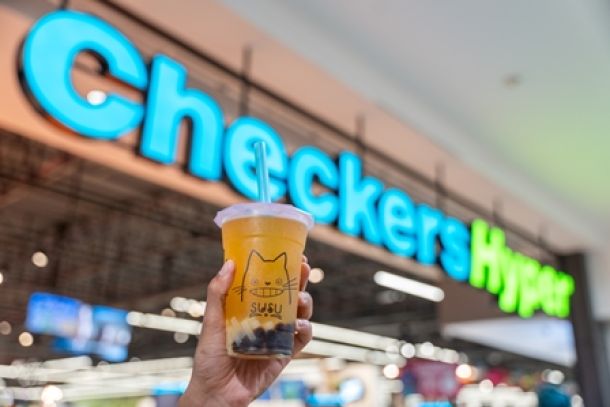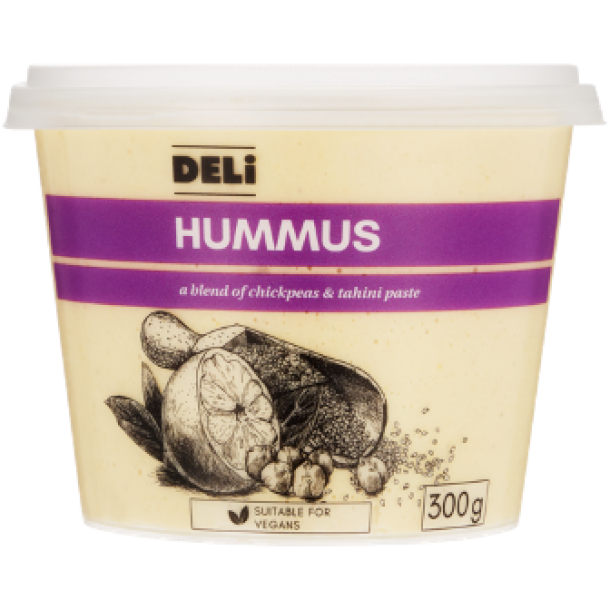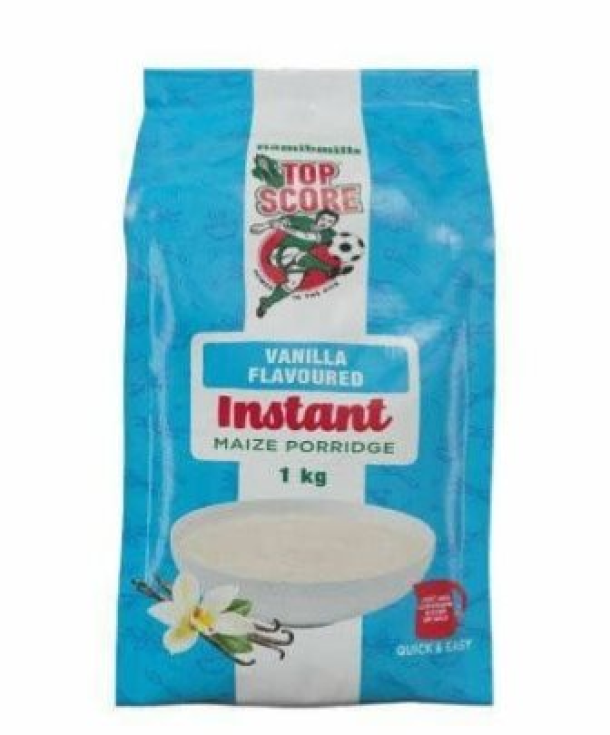Dodgy hand sanitiser sprayed by SA stores could cause rashes - even hallucinations
Under lockdown, any trip to the shops means loads of hand sanitiser being spritzed on your hands.
However, not all hand sanitisers are created equally - and stores might be relying on dodgy products that could hurt your skin.
Business Insider SA has received some reports from people who have developed rashes and other symptoms after contact with hand sanitisers at store entrances.
By law, all business premises must provide hand sanitiser (with at least 70% alcohol content) for use by customers and employees at the entrance to the store.
The surge in demand for sanitiser means companies are turning to new manufacturers to provide the products. The industry isn’t regulated, and questions are being asked about the ingredients of some of the hand sanitiser aimed for mass use.
According to a Johannesburg-based manufacturer of medical-grade hand sanitiser, who spoke on condition of anonymity, “a lot of these guys are inexperienced in manufacturing hand sanitiser. They arrived three months ago and now they’re experts”. Some products, the manufacturer says, have no barcodes or contact numbers listed on the packaging, which means you’re out of luck if something goes wrong.
The key ingredient of safe hand sanitiser is isopropyl or rubbing alcohol, but some of the hand sanitiser products contain methanol or solvents instead.
You might know methanol better when it’s added to alcohol to create methylated spirits - which is what you might be putting on your hands, over, and over again.
Methanol is much cheaper, but very toxic. In fact, a 2018 academic study found that repeated use of methanol-based hand sanitiser caused methanol to be absorbed through the skin, leading to chronic toxicity. This could lead to hallucinations or even death in extreme cases.
Even if manufacturers aren’t using cheaper alcohol substitutes, they may not add enough or the correct emollients which will help moisturise, soothe and hydrate the skin.
And some aren't mixing the ingredients incorrectly, causing the hand sanitiser to dry out your skin, or creating an itch or rash.
Good-quality hand sanitiser also has anti-bacterial ingredients which are longer lasting than alcohol and remain on the skin.
"Lots of these new manufacturers simply don’t have the technology to manufacture sanitiser properly – and you’ll only notice it if you continue to use poor quality products,” the medical-grade manufacturer says.
Skin irritation after use of hand sanitiser doesn't necessarily reflect dodgy ingredients, though.
Rubbing something that is over 60% alcohol - even if it's high-quality alcohol - into your skin is not natural, and skin irritation may occur, says Christopher Friese, a professor of nursing, health management and policy at the University of Michigan.
You’re within your rights to refuse the hand sanitiser offered at stores - but the business would be allowed to refuse you entry. Acceptable substitutes could include bringing your own hand sanitiser to the store, or wearing latex gloves.
For hand sanitiser to be truly effective, the entire surface of the hands and fingers must be covered, warns Friese - and even high-quality sanitiser is no substitute for soap and water.
"The humble act of washing with soap and water, followed by drying with a clean towel is the gold standard," Elizabeth Scott, an expert in home and community hygiene and professor at Simmons University in the US, told Business Insider. "Hand washing with soap employs mechanical action that loosens bacteria and viruses from the skin, rinsing them into the drain."
The pathogen (or virus) itself is encased in a lipid envelope, or layer of fat. Soap helps destroy that layer of fat, making the virus less capable of infecting you.
Additional reporting by Shira Federa
News Category
- International retailers
- On the move
- Awards and achievements
- Legislation
- Wine and liquor
- Africa
- Going green
- Supplier news
- Research tools
- Retailer trading results
- Supply chain
- Innovation and technology
- Economic factors
- Crime and security
- Store Openings
- Marketing and Promotions
- Social Responsibility
- Brand Press Office
Related Articles

Eskort is celebrating 107 years

UK poultry industry as exports to South Africa ...

Playful bubble tea shops launch in selected Che...

Consumer Commission launches investigation into...


